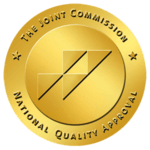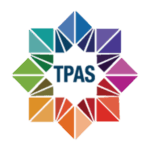Core Mindfulness
Core mindfulness is embracing mindfulness practices to promote a healthier state of living. By living in the present moment, an individual can understand the connection between their thoughts and behaviors, as well as how traumatic experiences and past events inform one’s present ways of thinking. Breathing techniques and other mindfulness practices provide an individual with time to make the most informed decisions when faced with emotional turmoil, rather than acting on self-destructive impulses like the use of addictive substances.
Distress Tolerance
Stress is omnipresent throughout life, and handling stress or a crisis is paramount for maintaining the transformations made in treatment. DBT helps clients practice distress tolerance by learning to distract themselves and soothing one’s emotional state, promoting a positive lifestyle.
Interpersonal Skills
Maintaining relationships is crucial throughout all stages of treatment for those overcoming SUD, mental health disorders, or a combination of them (dual-diagnosis). Clients will utilize a number of skills to identify positive relationships and foster them for a sustained, supportive relationship. Creating healthy relationships, challenging unhealthy ones, and embracing agency and accountability are all powerful aspects of Redpoint’s DBT approach.
Emotional Regulation
Emotions can be incredibly intense, and identifying the presence of intense emotions can empower clients to make more informed decisions about how to act on them. By being able to name feelings of sadness, anger, anxiety, and more, an individual can better understand these emotions and create a dedicated plan to process them in a healthy way. Emotional regulation doesn’t dismiss negative emotions but rather acknowledges them to be processed through dedicated outlets and strategies.
Whether a client is suffering from addiction, mental health disorders, or a combination therein, the trained clinicians at Redpoint are ready to create a personalized DBT approach to construct a transformed, healthy lifestyle by creating the framework for a new lifestyle inside and outside of our walls. Combined with other personalized approaches, DBT can create the base for continued personal growth by challenging self-destructive notions and championing a more positive, resilient future.













